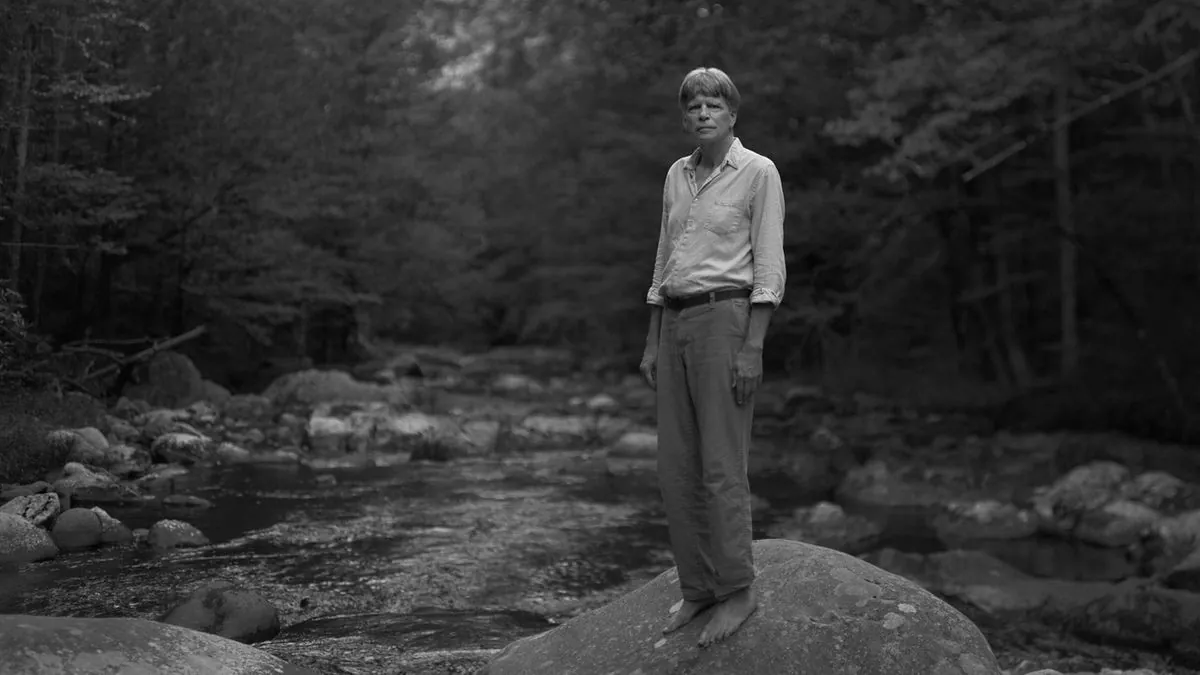Richard Powers' "Playground": AI, Nature, and Human Destiny Collide
Richard Powers' latest novel "Playground" explores the intersection of artificial intelligence, environmental crisis, and human relationships through multiple intertwining narratives, offering a unique vision of Earth's future.

Richard Powers, renowned for his Pulitzer Prize-winning novel "The Overstory", has crafted another thought-provoking work in "Playground". This latest offering, set to release on September 24, 2024, delves into the realms of artificial intelligence, environmental degradation, and human connections.
The narrative unfolds through three interconnected stories. The primary narrator, Todd Keane, is a tech mogul grappling with dementia with Lewy bodies. As his memories fade, Todd recounts his friendship with Rafi Young, a relationship that spans racial and economic divides. Their bond, forged at Saint Ignatius College Prep in Chicago, showcases Powers' ability to navigate complex interpersonal dynamics.

Parallel to Todd's story, we follow Evie Beaulieu, a pioneering oceanographer whose journey begins in 1947 Canada. Evie's passion for marine life, ignited by her first underwater experience, leads her to become a renowned scientist despite facing gender discrimination in her field. Her deep-sea memoir, "Clearly It Is Ocean", inspires millions, including a young Todd Keane.
The third narrative strand focuses on Ina Aroita, an artist living on Makatea, a raised coral atoll in French Polynesia. Ina and her fellow islanders face a crucial decision when tech entrepreneurs propose using their home as a base for constructing autonomous floating cities. This storyline explores themes of environmental exploitation and the tension between economic opportunity and ecological preservation.
Powers weaves these disparate tales into a tapestry that reflects on humanity's relationship with technology and nature. The novel's structure, while initially disorienting, ultimately converges in an astonishing resolution that challenges readers' perceptions of reality and the future.
"In the now-vast library of fiction and nonfiction books reminding us of the planet's imperiled condition, I can't think of another novel that treats the Earth's plight with such an expansive and disorienting vision."
"Playground" builds upon themes explored in Powers' earlier works, such as "Galatea 2.2" and "Bewilderment", but avoids the sentimentality that characterized some of his previous writing. Instead, it offers a clear-eyed examination of guilt, grief, and the sorrow inherent in caring for the natural world.
The novel's exploration of artificial intelligence, particularly large language models, reflects current technological advancements and their potential impact on society. By intertwining this with environmental concerns, Powers creates a narrative that is both timely and forward-looking.
"Playground" has already garnered critical acclaim, being named a finalist for the Kirkus Prize and longlisted for the Booker Prize. Its unique blend of speculative fiction and profound reflection on human nature promises to captivate readers and provoke thoughtful discussion about our collective future.

As we navigate an increasingly complex world shaped by technological innovation and environmental challenges, "Playground" offers a compelling lens through which to examine our place in the grand scheme of things. Powers' latest work stands as a testament to the power of literature to grapple with the most pressing issues of our time.


































